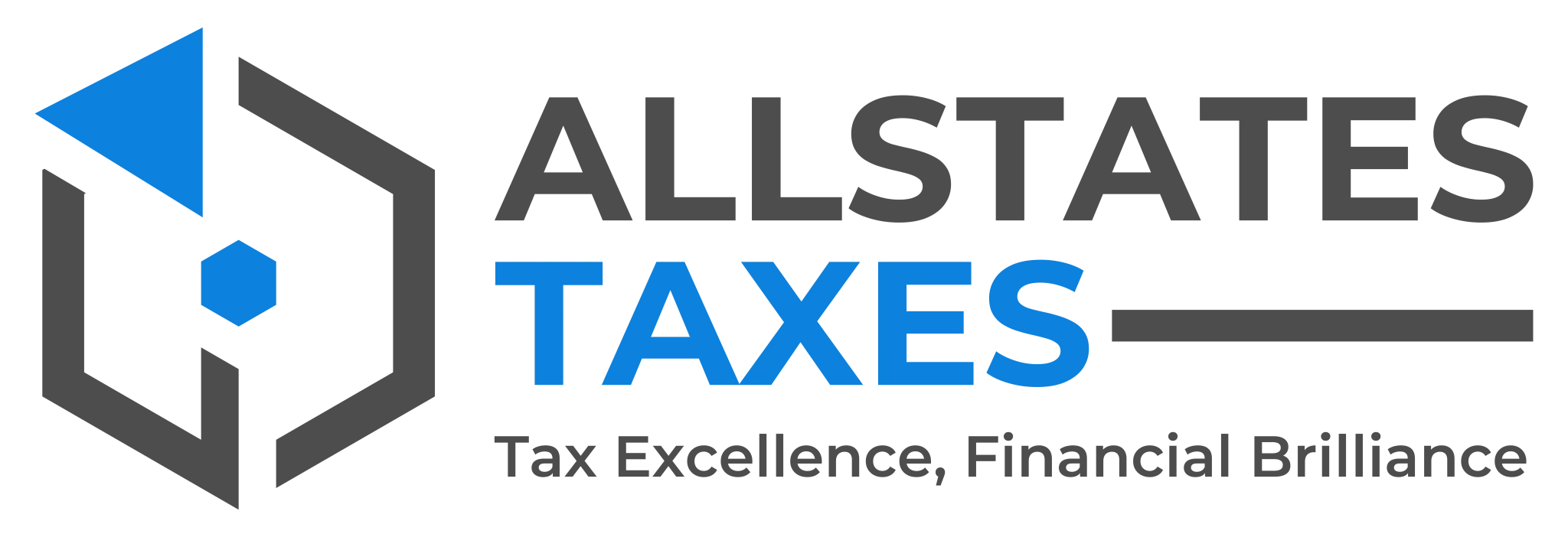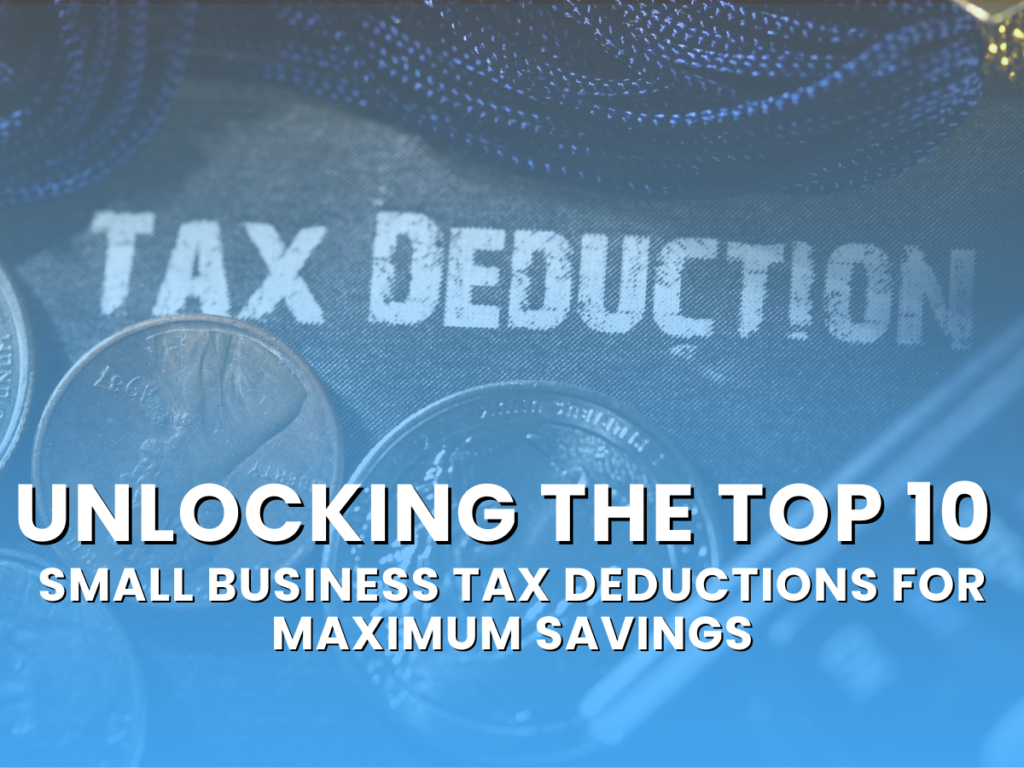Navigating the intricate world of taxes can be overwhelming for small business owners. With the right knowledge, however, you can take advantage of numerous tax deductions that can significantly reduce your taxable income and boost your bottom line. This comprehensive guide will delve into the top ten small business tax deductions, ensuring you keep more of your hard-earned money. From office supplies to healthcare costs, understanding these deductions is crucial for any entrepreneur looking to optimize their tax strategy.
Office Supplies and Equipment
One of the most straightforward small business tax deductions is for office supplies and equipment. This includes everything from pens and paper to computers and printers. To qualify, the items must be used within the year they are purchased. Keep meticulous records and receipts, as these expenses can add up and significantly reduce your taxable income.
Home Office Deduction
If you operate your business from home, you may be eligible for the home office deduction. This deduction allows you to claim a portion of your home expenses, such as mortgage interest, rent, utilities, and insurance. The space must be used exclusively and regularly for business purposes. The IRS offers a simplified option that calculates $5 per square foot, up to 300 square feet.
Vehicle Expenses
Business-related vehicle expenses are another substantial deduction. There are two methods to claim this: the standard mileage rate or actual expenses. The standard mileage rate is simpler, but if your vehicle incurs significant costs, the actual expense method might yield a larger deduction. This includes gas, maintenance, repairs, and depreciation. Detailed logs and receipts are essential for substantiating your claim.
Travel Expenses
Traveling for business can be costly, but the good news is these expenses are often deductible. This includes airfare, hotels, meals, and even tips. For a trip to qualify, it must be primarily for business purposes. Personal expenses incurred during the trip are not deductible. Ensure you document the business purpose and maintain all receipts to support your deductions.
Meals and Entertainment
While the rules around deducting meals and entertainment have tightened, some expenses are still deductible. Business meals with clients or employees are 50% deductible, provided they are necessary and directly related to the business. Entertainment expenses are no longer deductible unless they are directly related to business activities.
Employee Salaries and Benefits
Compensation paid to employees, including salaries, wages, bonuses, and commissions, is fully deductible. Additionally, benefits such as health insurance, retirement contributions, and education assistance are also deductible. These deductions not only reduce taxable income but also help attract and retain quality employees.
Contract Labor
Many small businesses rely on independent contractors for various services. Payments made to these contractors are deductible as business expenses. It’s important to issue Form 1099-NEC to any contractor paid $600 or more during the year. Keeping accurate records of these payments is crucial for maximizing your deductions.
Rent and Utilities
If your business operates out of a rented office space, the rent you pay is deductible. This includes costs for utilities such as electricity, water, and internet services. These expenses are necessary for the operation of your business and can add up to a significant deduction. Make sure to retain all invoices and payment records.
Insurance
Business insurance premiums, including property, liability, and malpractice insurance, are deductible. Health insurance premiums paid for yourself and your employees can also be deducted. This deduction ensures that your business is protected against potential risks while also reducing your taxable income.
Retirement Contributions
Contributions to retirement plans such as SEP IRAs, SIMPLE IRAs, and 401(k)s are deductible. These contributions not only provide tax benefits but also help you and your employees prepare for the future. The limits and rules for these contributions vary, so it’s important to consult with a tax professional to maximize your deduction.
Small Business Tax Deductions: Key Considerations
Understanding Tax Deductible Items for Small Business
Knowing what qualifies as a deductible item is essential for optimizing your tax strategy. Common deductible items include office supplies, advertising costs, software, and utilities. However, not all business expenses are deductible, so it’s important to familiarize yourself with IRS guidelines to ensure compliance.
Exploring Tax Loopholes for Small Business
While tax loopholes have a negative connotation, they refer to legal strategies that help reduce tax liability. These can include utilizing tax credits, structuring your business efficiently, and timing your income and expenses strategically. Consulting with a tax professional can help you identify and leverage these opportunities.
Accessing Grants for Small Businesses
Grants can provide financial support without increasing your taxable income. Unlike loans, grants do not need to be repaid, making them an attractive option for small businesses. Various government and private grants are available, tailored to different industries and business needs. Research and apply for relevant grants to bolster your business finances.
Conclusion
Maximizing small business tax deductions requires a thorough understanding of eligible expenses and diligent record-keeping. By leveraging these deductions, you can significantly reduce your taxable income and enhance your business’s financial health. Consult with a tax professional to ensure you’re taking full advantage of all available deductions and staying compliant with IRS regulations. Remember, the more informed you are about your tax obligations and opportunities, the better positioned your small business will be for long-term success.
FAQs
What are the most common small business tax deductions?
Common small business tax deductions include office supplies, home office expenses, vehicle expenses, travel, meals and entertainment, employee salaries and benefits, contract labor, rent and utilities, insurance, and retirement contributions.
Can I deduct the cost of my home office?
Yes, if you use a portion of your home exclusively and regularly for business, you can deduct related expenses such as mortgage interest, rent, utilities, and insurance.
How do I claim vehicle expenses for my small business?
You can claim vehicle expenses using either the standard mileage rate or actual expenses method. Keep detailed records and receipts to support your deduction.
Are business travel expenses fully deductible?
Business travel expenses are generally deductible, including airfare, hotels, and meals. However, personal expenses incurred during the trip are not deductible.
What types of insurance premiums are deductible?
Business-related insurance premiums, including property, liability, and health insurance, are deductible. Health insurance premiums paid for yourself and your employees are also deductible.
How do retirement contributions benefit my small business taxes?
Contributions to retirement plans such as SEP IRAs, SIMPLE IRAs, and 401(k)s are deductible, reducing your taxable income and helping you and your employees prepare for retirement.



